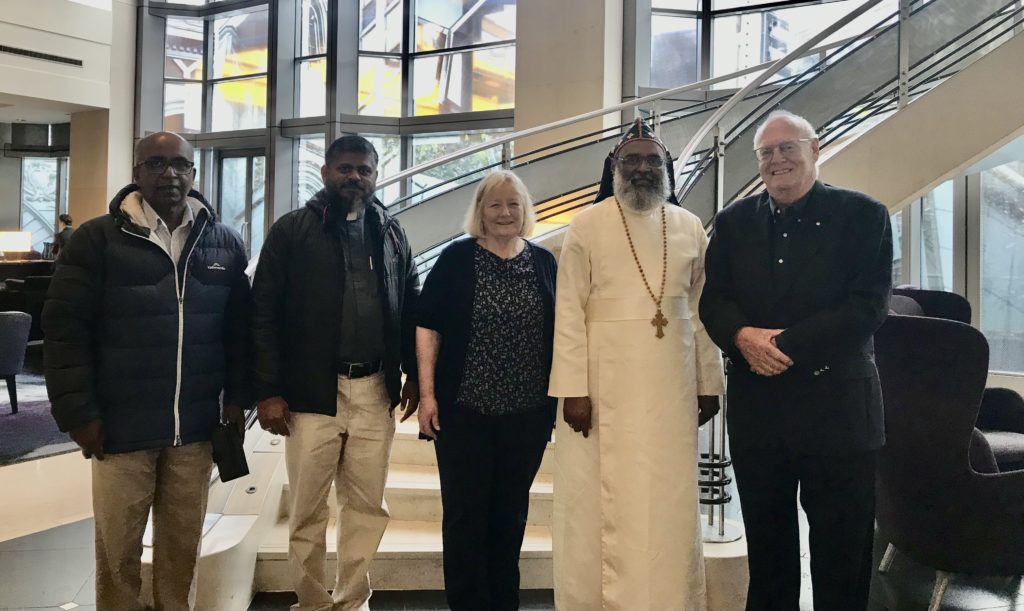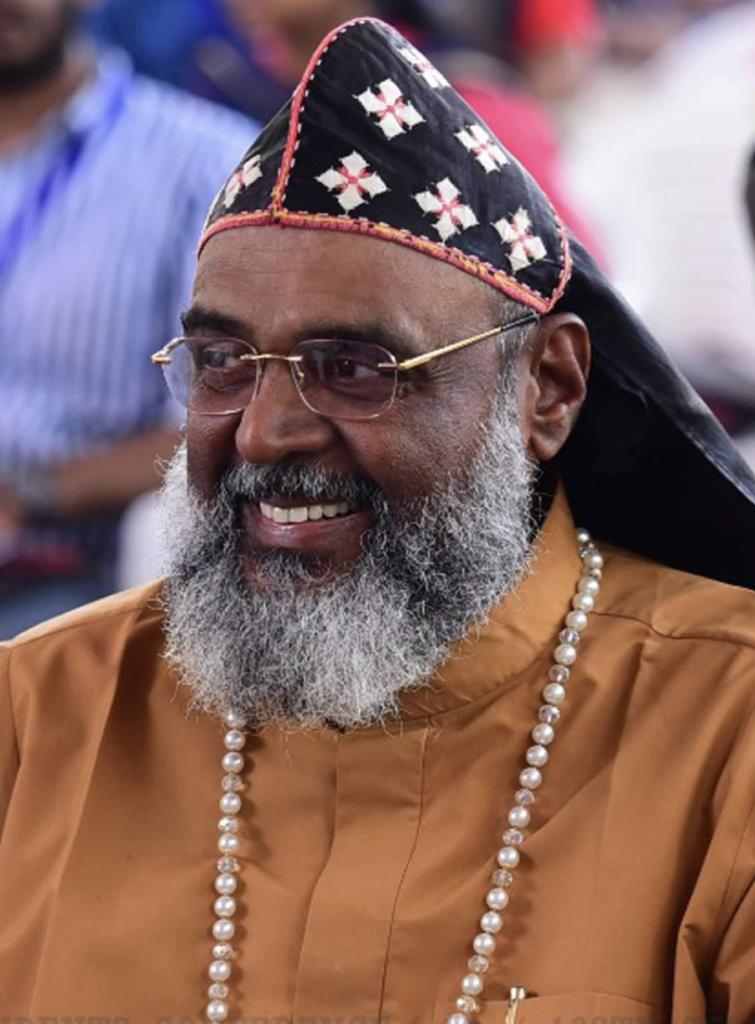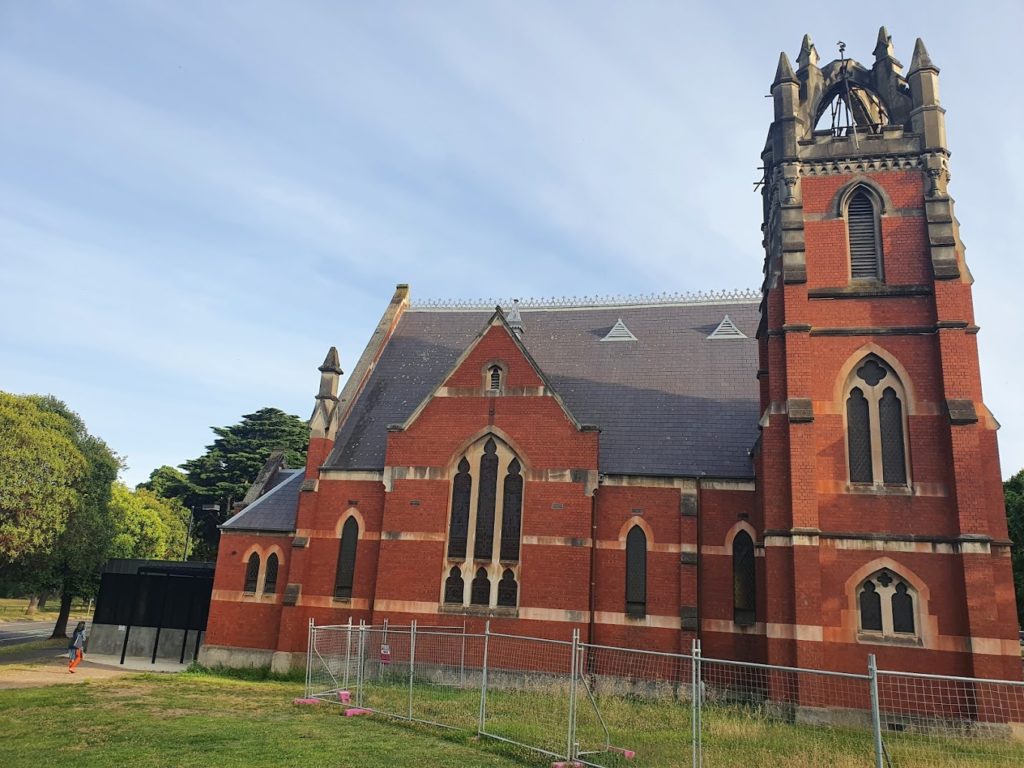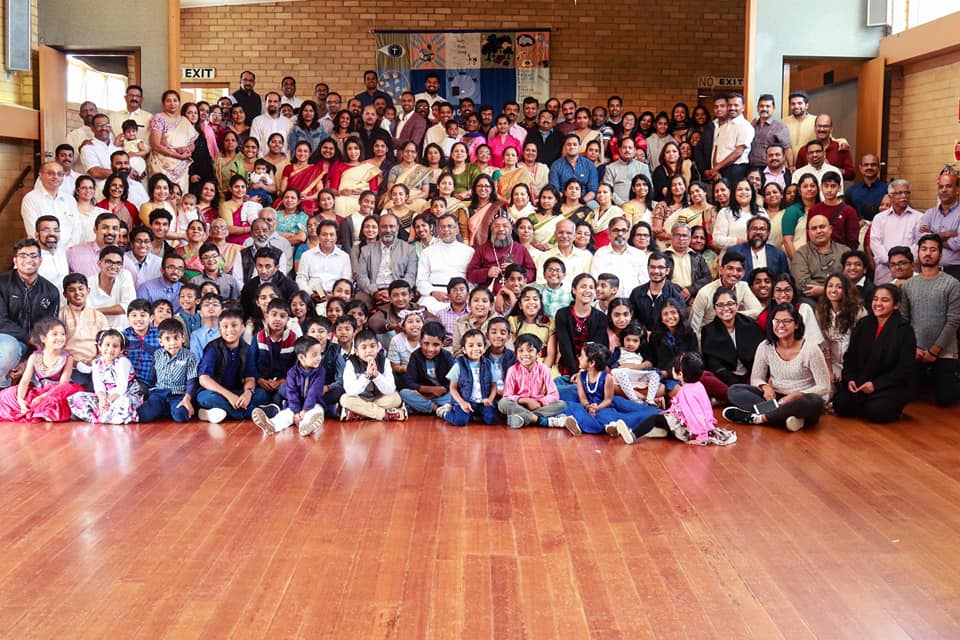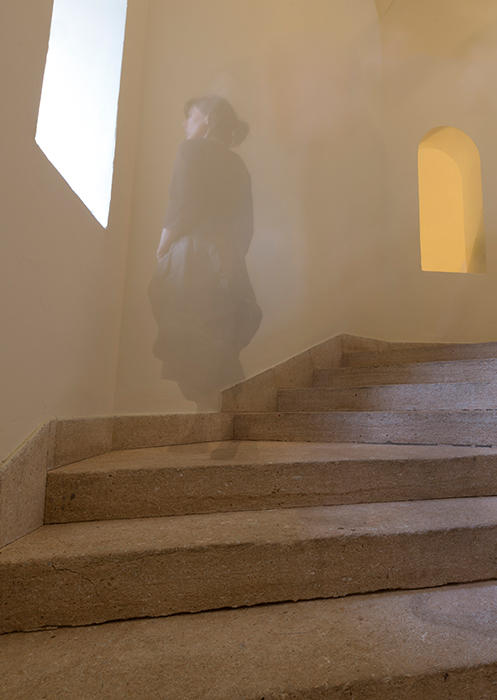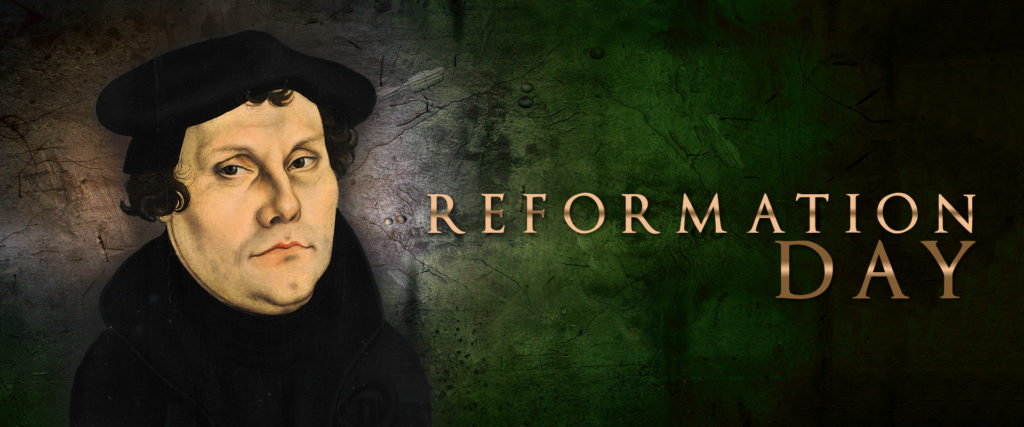In April 2022, His Holiness Mar Awa III, elected Catholicos-Patriarch of the Assyrian Church of the East in September 2021, visited Australia.
The Assyrian Church of the East is an eastern Christian Church with historic roots in disputes over the Ecumenical Councils of Ephesus and Chalcedon, and is a member church of the Victorian Council of Churches.
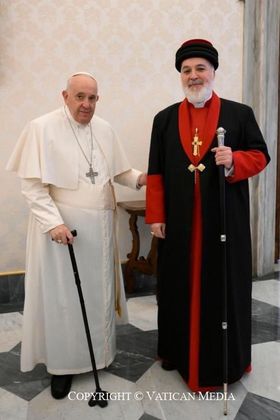
On Saturday morning, November 19, 2022, he was received by His Holiness Pope Francis at the Apostolic Palace in the Vatican. He was accompanied by a delegation, in Rome from Nov 16-19th for the annual meeting of the Joint Commission for Theological Dialogue Between the Catholic Church and the Assyrian Church of the East.
The Patriarch offered a gift to the Pope which consisted of a stylistic Cross of the Assyrian Church of the East handmade in wood, and in turn, the Pope gifted a part of the relics of the Apostle St. Thomas to the Patriarch for the new Patriarchal Basilica of the Holy Apostles in Erbil, Iraq.
The meeting was very fraternal, and many issues concerning the Christians of the Middle East were discussed, along with matters centered around the ecumenical relations between the two Churches, and other sister Christian Churches as well.
Pope urges Catholics, Assyrian Christians to continue on common journey by Christopher Wells
In his address on Saturday, Pope Francis noted the growth in the relationship between the Catholic Church and the Assyrian Church in recent decades, recalling the visits of Mar Awa’s predecessors Mar Dinkha IV and Mar Gewargis III, and the signing of documents including the Common Christological Declaration and a Statement on the situation of Christians in the Middle East.
The Holy Father also expressed his appreciation for the work of the Mixed Commission for Theological Dialogue between the two Churches, highlighting a study on the Anaphora [Eucharistic Prayer] of the Apostles Addai and Mari, which allowed some reciprocal admission to the Eucharist in specific circumstances; as well as a Common Declaration on the Sacramental life.
“Your meetings and dialogues have, with the help of God, borne good fruit and fostered pastoral cooperation for the benefit of our faithful, a pastoral ecumenism that is the natural way towards full unity.”
The Pope also praised their current work on “images of the Church in the Syriac and Latin patristic tradition,” noting the tendency of the Church Fathers to speak of the Church using the “simple and universally accessible” language of images, following the example of Jesus. He emphasized the importance for faithful of both Churches not only to return to their roots, but to bear witness together to “the mystery of the love between Christ and His bride, the Church.”
In this regard, Pope Francis pointed to the many things the two Churches have in common, including a common history of faith and mission, great saints, a rich theological and liturgical patrimony, and, especially in recent decades, the witness of martyrs. In the historic home of the Assyrian Church in the Middle East, many Christians have been forced to leave their homelands, while many others have struggled to remain. With Mar Awa, Pope Francis renewed his appeal for the rights of those Christians – especially the right to religious liberty and the right to full citizenship – to be respected.
Noting that the faithful of both Churches already, in some places, live in almost full communion, Pope Francis said this is “a sign of the times, a powerful incentive for us to pray and to work diligently in preparation for the much awaited day when we can celebrate together the Eucharist, the holy Qurbana, at the same altar, as the fulfilment of the unity of our Churches.”
Looking ahead to Mar Awa’s talk on synodality in the Syriac tradition, Pope Francis insisted that “the journey of synodality undertaken by the Catholic Church is and must be ecumenical, just as the ecumenical journey is synodal. It is my hope that we can pursue, ever more fraternally and concretely, our own syn-odos, our ‘common journey’, by encountering one another, showing concern for one another sharing our hopes and struggles, and above all… our prayer and praise of the Lord.”
In particular, he thanked Mar Awa for his desire to find a common date for Easter, ensuring the Catholicos-Patriarch that the Catholic Church is ready to accept any proposal that is made together. “Let us have the courage to put an end to this division…” the Pope said, adding, “The sign we should give is: one Christ for all of us.” And he expressed a dream that the separation between the Assyrian Church of the East and the Catholic Church, “the longest in the history of the Church” might be “the first to be resolved.”
Pope Francis concluded his address by entrusting the journey towards full unity to “the intercession of the martyrs and saints who, already united in heaven, encourage our progress here on earth.” And he offered to Mar Awa the gift of a relic of the Apostle Saint Thomas, associated with the foundation of the churches in Assyria, which will be placed in the new Patriarchal Cathedral of the Assyrian Church in the East in Erbil, Iraq.
“May Saint Thomas, who touched with his hand the wounds of the Lord, hasten the complete healing of our wounds from the past,” the Pope said, “so that soon we may be able to acknowledge around the same Eucharistic altar the crucified and risen Christ, and say to Him, together: ‘My Lord and my God!’”
Thanks to Samir (Melbourne Assyrian Church of the East) for the news.
